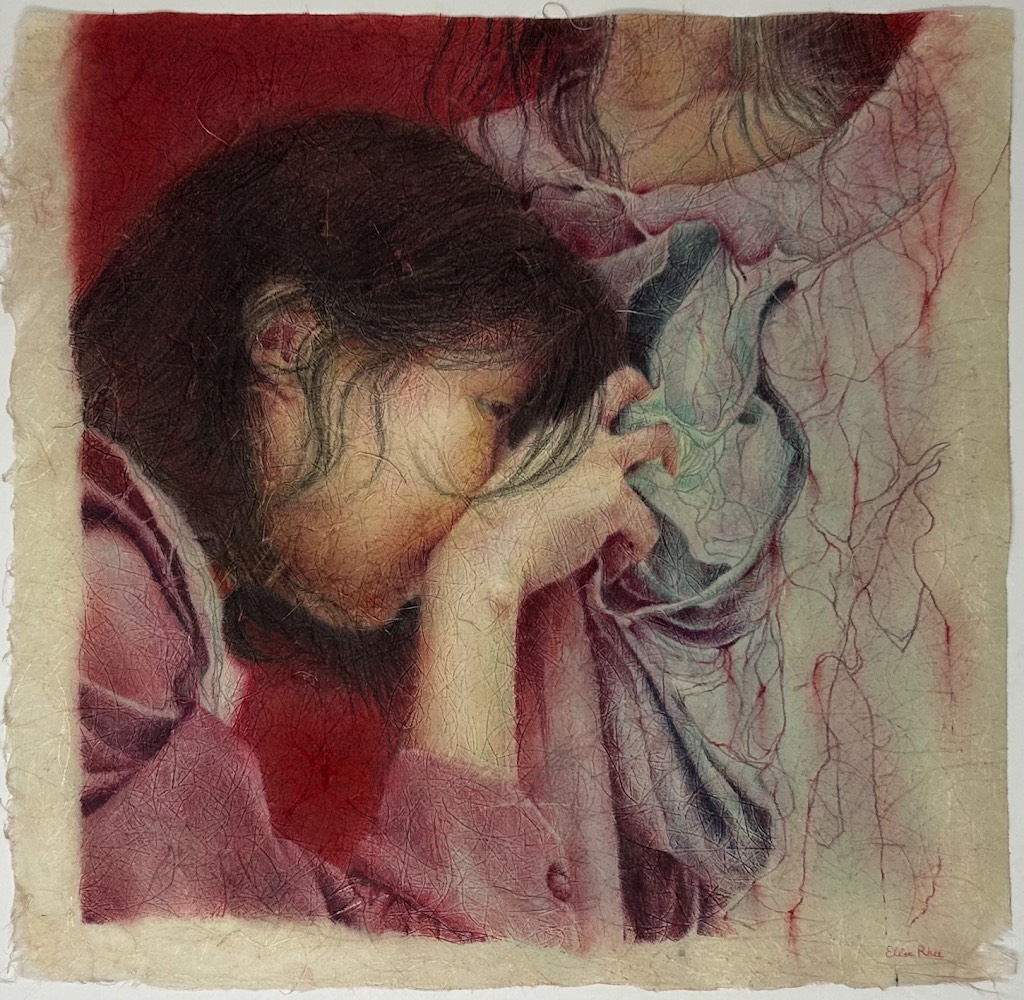Forget Bieber fever, a new musical pandemic recently swept the globe in a testament to both the power of the Internet and the public’s hunger for Charlie Sheen-esque feats of failure. This new sensation has had many singing its catchy chorus as they wait with friends by the bus stop, enlighten others that Sunday comes after Saturday and maybe just ruined every Friday for the rest of our lives. Either way, there is no denying that CHS has experienced a startling encounter with the Black Plague.
The music video for 13-year-old Rebecca Black’s first single, “Friday,” has already gained over 70 million views since its release Feb. 10 and only seems to gain publicity as time passes. The songstress herself has appeared on both The Tonight Show with Jay Leno and Good Morning America to discuss and perform what people are calling her “hit single.”
According to Nielsen Soundscan and Billboard.com, “Friday” sold 43,000 units in the first month of its release and earns the pop star approximately $24,900 per week.
For someone unfamiliar with the song itself, the account of Black’s sudden publicity and fortune might sound like something out of a Cinderella story. However, there is a fine line between fame and infamy, and for Black, the kind of attention she attracted is not the positive kind.
The music video for “Friday,” has arguably attracted as much, if not more, mockery than the song itself. It begins with an image of a calendar flipping through the mundane schedule of a student throughout the school week, until it stops on Friday, and there awaits the insanity that will soon ensue.
After Black finishes her cereal, she stands at the bus stop, dumbfounded as to whether she should sit in the front seat or back seat of a convertible being driven by a boy who looks only 13-years-old.
This is the point where strong surges of anger, confusion and irritation begin to overtake the body, posing the questions: How is that legal? How could where you sit in a car be so important when your life is in the hands of a seventh grader?
From Lindsay Lohan to the Star Wars kid, it has been proven that no matter how talented or innovative hundreds of other individuals may be, nothing seems to draw attention like startling and hilarious failure. A schadenfreude mentality calls for the embarrassment of others in order to derive our own pleasure and feeling of self-satisfaction, and Black does nothing if not deliver.
Junior Avery Berryman, a drummer for his Boston-based band Shiver, and a local band known as The Nothing Squad, took the song’s success as an insult to aspiring artists.
“I don’t really know why people are so amused, it actually frustrates me as a musician to empower these kinds of artists when so many with so much more talent are struggling,” Berryman said. “Her fame is sort of a slap in the face to anyone who’s serious about music and is talented enough to do something with it.”
People often look at the suspiciously formulaic work of modern artists and think to themselves,
“That’s not too hard, even I could probably do that,” and what Black did represents that leap of faith that others were willing to consider but never take. Yes, she failed, but the fact that she failed made the entire concept of Rebecca Black into a widespread cultural phenomenon because it justified our inaction.
Whether one considers Black’s song a hilarious failure, an entertaining parody of modern music or a reason to lose sleep at night, the term “Black Friday” has gained a whole new meaning, and it will be quite some time before the song stops playing in your head.







